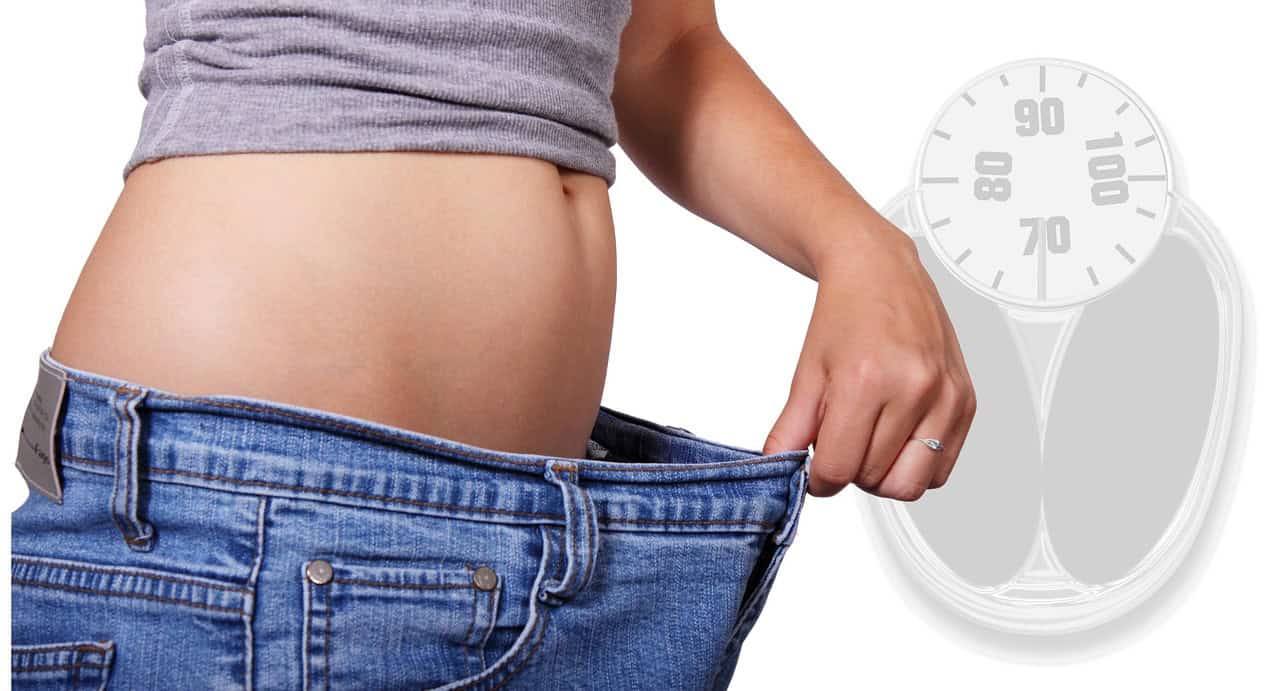The Ultimate Guide to a Healthy Diet for Weight Loss in Females
Estimated Reading Time: 7 minutes
- Balance and variety in food choices
- Mindful portion control to avoid overeating
- Stay hydrated and limit processed foods
- Combine healthy diet with regular physical activity
- Explore popular diets like Mediterranean and DASH
Table of Contents
- Essential Principles of a Healthy Diet for Weight Loss
- Popular Diets for Weight Loss
- General Guidelines for Healthy Eating
- Calorie and Nutrition Considerations
- Practical Takeaways for Weight Loss
- Call to Action
- Disclaimer
- FAQ
Essential Principles of a Healthy Diet for Weight Loss
1. Balance and Variety
Eating a wide variety of foods is essential for addressing all nutritional needs while aiming for weight loss. A well-balanced diet consists of:
- Vegetables: Rich in vitamins, minerals, and fiber.
- Fruits: Natural sources of sweetness that also provide essential nutrients.
- Whole Grains: Foods like quinoa and brown rice that supply energy and fiber.
- Lean Proteins: Sources such as poultry and fish that support muscle maintenance.
- Healthy Fats: Such as those found in nuts and olive oil, which are vital for numerous bodily functions.
Emphasizing balance and variety will not only help in weight reduction but also improve overall health Harvard Health.
2. Portion Control
Managing portion sizes is crucial for consuming fewer calories. Large portions can lead to overeating, even when the foods are healthy. Practicing mindful eating, such as using smaller plates and serving appropriate portions, can effectively help in controlling calorie intake NHLBI.
3. Hydration
Proper hydration plays a significant role in weight management. Drinking water can boost metabolism and help manage hunger levels. Aim for 6 to 8 cups of fluids each day, which can include water, tea, or coffee NHS.
4. Limit Processed Foods
Processed foods are often high in sugar, unhealthy fats, and sodium. These foods can sabotage weight loss efforts. Fresh, whole foods should form the basis of your diet; prioritize vegetables, fruits, and lean meats while avoiding prepackaged meals whenever possible Harvard Health.
5. Physical Activity
Incorporating physical activity is key for successful weight loss. Aim for at least 30 minutes of moderate exercise every day. This could involve walking, cycling, or engaging in sports, which can help burn calories and improve metabolic health Mayo Clinic.
Popular Diets for Weight Loss
Several dietary frameworks have gained popularity due to their emphasis on health and sustainability. Here are a few that particularly benefit females.
Mediterranean Diet
The Mediterranean diet emphasizes whole, plant-based foods and healthy fats.
Key Features:
- High consumption of fruits, vegetables, and whole grains.
- Lean proteins, predominantly from fish and poultry.
- Healthy fats from olive oil.
Benefits:
This diet is linked to a reduced risk of heart disease and a decrease in early death rates, making it not only beneficial for weight management but also for overall health Johns Hopkins Medicine.
DASH Diet
The Dietary Approaches to Stop Hypertension (DASH) diet promotes a balanced intake of grains, fruits, vegetables, lean protein, and healthy fats, focusing on lowering sodium intake as well.
Key Features:
- Encourages whole foods and limits added sugars and saturated fats.
- Includes multiple servings of vegetables and fruits daily.
Benefits:
This diet can help lower blood pressure while promoting weight loss.
General Guidelines for Healthy Eating
- Fruits and Vegetables: Aim for at least 5 portions daily to ensure adequate fiber and nutrient intake NHS.
- Lean Proteins: Incorporate options like chicken, turkey, and fish.
- Dairy Options: Opt for low-fat and low-sugar choices.
- Healthy Oils: Use unsaturated fats such as olive and sunflower oils for cooking and dressings.
Calorie and Nutrition Considerations
To achieve gradual weight loss, it’s important to consider caloric intake. Reducing daily calorie consumption by 500 to 750 calories can lead to a safe weight loss of 1 to 1.5 pounds per week. Ideally, a daily intake of 1,200 to 1,500 calories is recommended for women NHLBI.
Nutrient Balance
While managing caloric intake, ensure that your diet is nutritionally balanced, providing adequate protein, healthy fats, carbohydrates, vitamins, and minerals.
Practical Takeaways for Weight Loss
- Meal Prep: Planning your meals can help maintain portion control and choose healthy options.
- Mindfulness: Pay attention to your food choices and listen to your body’s hunger cues.
- Stay Active: Integrate physical activities into your daily routine, setting achievable fitness goals.
- Support System: Consider joining a support group or finding a buddy to keep you motivated.
Weight loss is a journey unique to every individual. By focusing on these principles and adopting strategies that shine a positive light on health, females can navigate the path to achieving their weight loss goals.
Call to Action
Are you ready to take the first step towards a healthier lifestyle? Explore our additional resources and expert articles that provide further insights into weight loss, nutrition, and overall wellness. Dive into our blog at Lose That Weight to learn more!
Disclaimer
The information in this article is intended for educational purposes only and should not replace professional medical advice. Always consult with a qualified healthcare provider before making significant changes to your diet or exercise routine.
FAQ
Q: What are some healthy snacks I can include in my diet?
A: Snacks like fresh fruits, nuts, Greek yogurt, or vegetable sticks with hummus are great choices.
Q: How can I maintain my weight after losing it?
A: Continue healthy eating patterns, regular physical activity, and periodic self-assessment of your habits.
Q: Is it necessary to count calories for weight loss?
A: While not essential for everyone, calorie counting can help some people understand their eating habits better.
